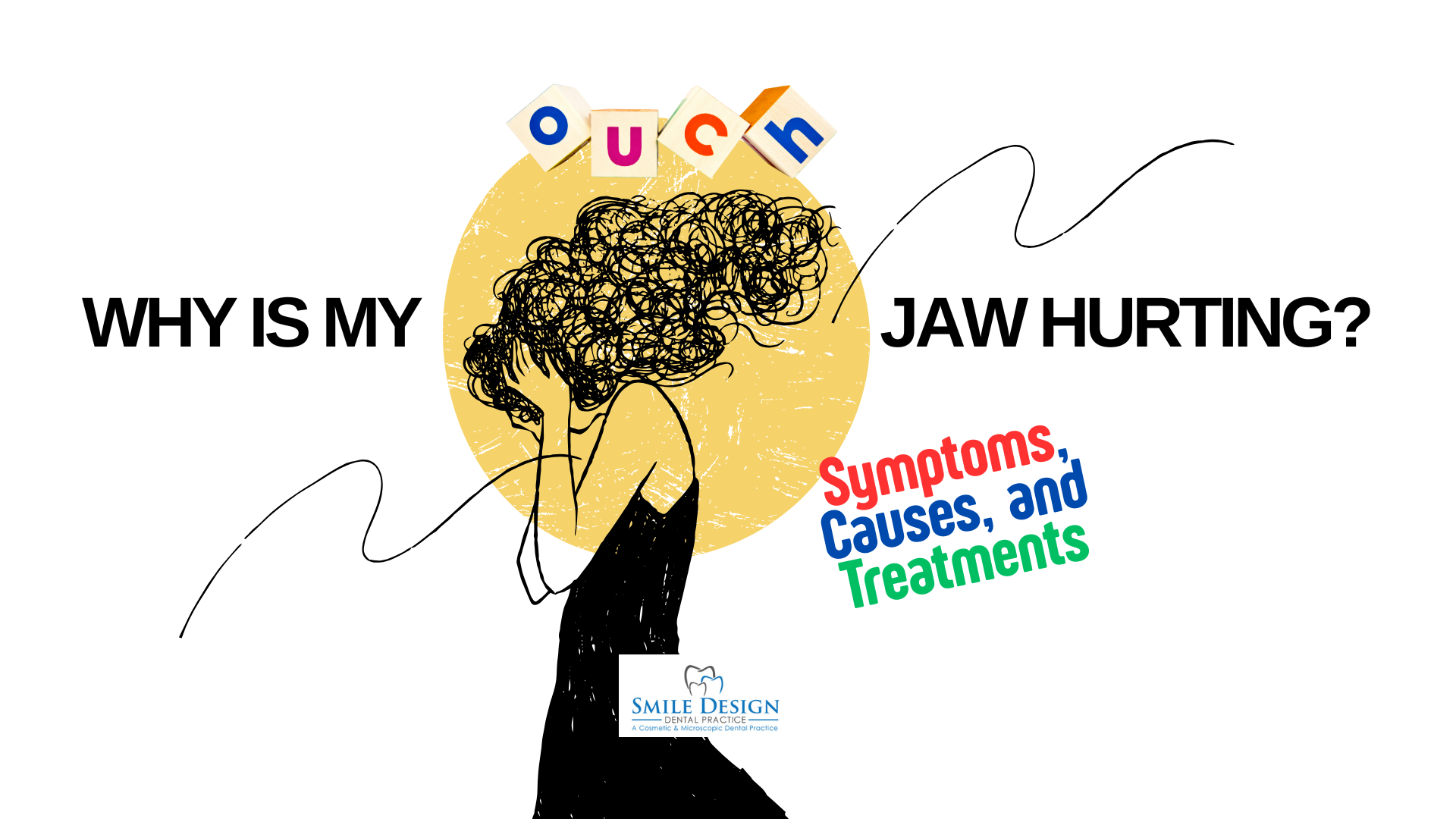Facts you should know about gum bleeding
Dr Gordon Tam • January 8, 2020
Gum health is a reflection of our general health. It is important to take note of our oral health. After all, we are what we eat. A healthy body starts from healthy gum and teeth!
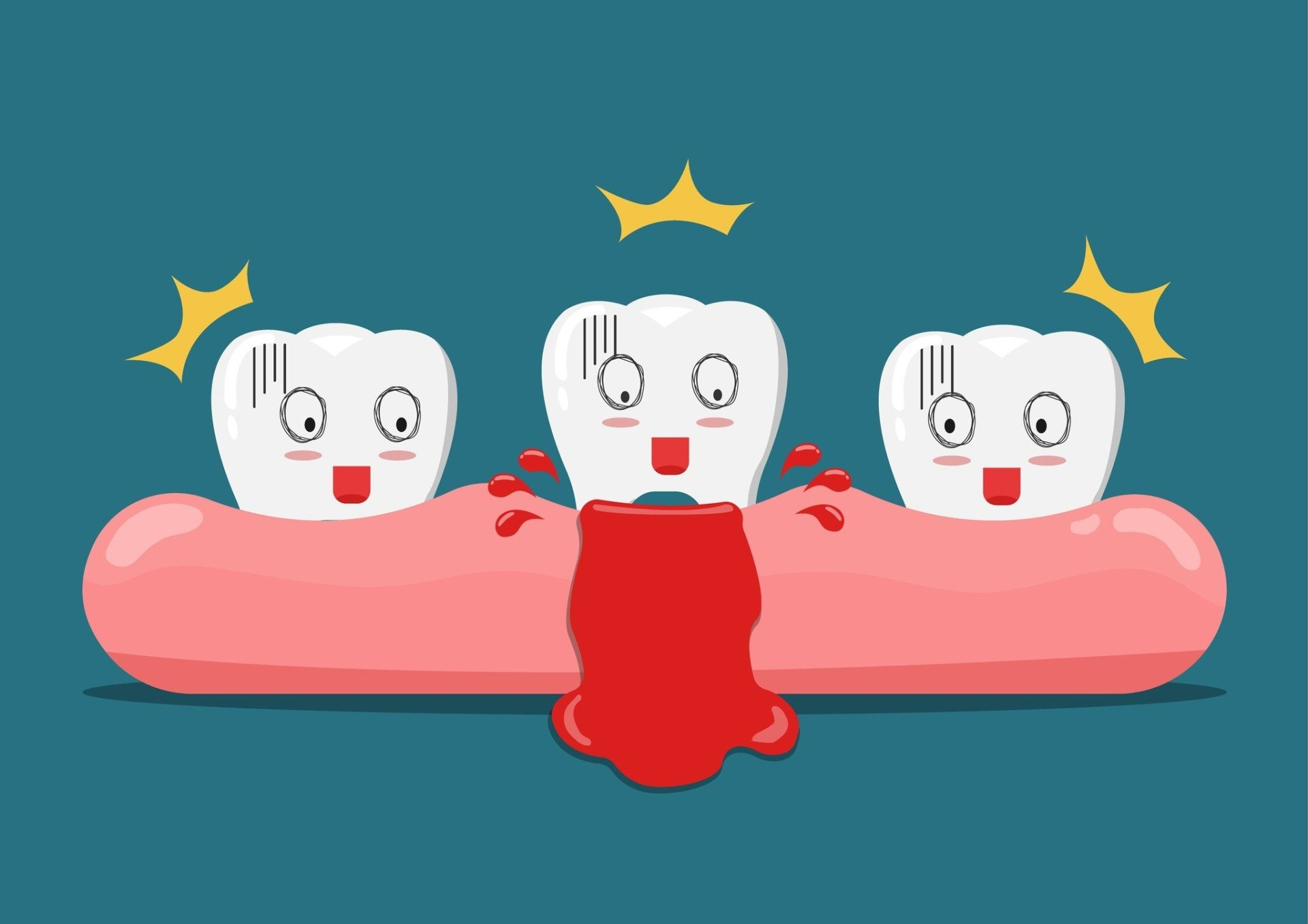
Many may think that gum bleeding is nothing much of a concern, but if it happens almost daily or while you are talking to someone and his gums are just bleeding randomly, it is definitely a ringing bell for you. It is not just a horrifying sight, but it is a sign of something that went wrong to this person’s oral and overall health.
Gum bleeding may be an indication of one’s health status, it is especially obvious when our immune system is compromised, it shows through our oral condition. In other cases such as pregnant women tend to experience a higher frequency of gum bleeding during pregnancy.
Causes
- Pregnancy
- due to hormonal changes, pregnant women tend to have swollen gums, which leads to a higher tendency of gum bleeding
- Smoking
- it is not only a bad habit but it also makes the gum tissues unable to self-repair
- Food Trap
- When food traps in between our teeth and along the gum line, the bacteria will cause inflammation to the gums, in result of gum bleeding
- Gingivitis
- is an early stage of gum disease where there are bacteria in the plaque start to build up and cause the gums to swell and eventually lead to gum bleeding. If left untreated, gingivitis will advance to periodontitis
- Periodontitis
- those with severe gum problems, known as periodontitis, the gum tissue and bone recede away from the teeth and creating deep pockets of space in between gums and teeth. This allows more food trap and with little or no treatment, you will continue to have swollen and bleeding gums and eventually lead to loss of a tooth (teeth)
- Vitamin deficiency
- Lack of vitamins compromises oral health
- On medication such as blood thinners
- People who take blood-thinning medication to prevent possible formation of harmful blood clots (heart attack, stroke or deep vein thrombosis), they tend to bleed more easily, and this includes the gums
- Diabetic patients - Diabetes is a chronic and inflammatory disease that affects one’s body in the overall. It causes damage to our gums and the tissues holding on to our teeth. People with diabetes have weaker immune systems and poor control of their blood sugar levels, making them prone to infection
Treatment
- Improve your oral hygiene
- there might be a food trap that causes gums to swell, inflamed and result in gum bleeding. By improving your oral hygiene and brush and floss regularly, your gum will recover and restore to the healthy state
- Stop smoking
- smoking can lower our immune system, hence by stop smoking, we enhance our chance to fight off the growth of bacteria in our body overall
- Increase the intake of Vitamin C (balanced diet)
- helps to improve our immune system and fights infection better
- Use mouthwash
- establish a habit to use mouthwash just like you brush and floss your teeth will help to reduce bacteria growth in the mouth
- Visit a dentist
- to get regular dental checkups to get professional dental maintenance
At Smile Design Dental Practice, we strongly encourage you to maintain regular dental checkups and maintenance. In this case, we take care of your dental health and detect any dental issues as early as possible.
For more information and consultation, please contact Smile Design Dental Practice at +65 6463 8588.
To serve you better, we are available by Appointment Only.
Please contact us to schedule for an appointment.

A food trap between teeth refers to the tendency for food particles to become stuck in the spaces between two teeth during or after eating. While it may seem like a minor inconvenience, persistent food trapping can be a sign of underlying dental issues and may lead to discomfort, gum inflammation, bad breath, and even tooth decay if left unaddressed. Understanding the potential causes of food traps is essential for both prevention and timely treatment.
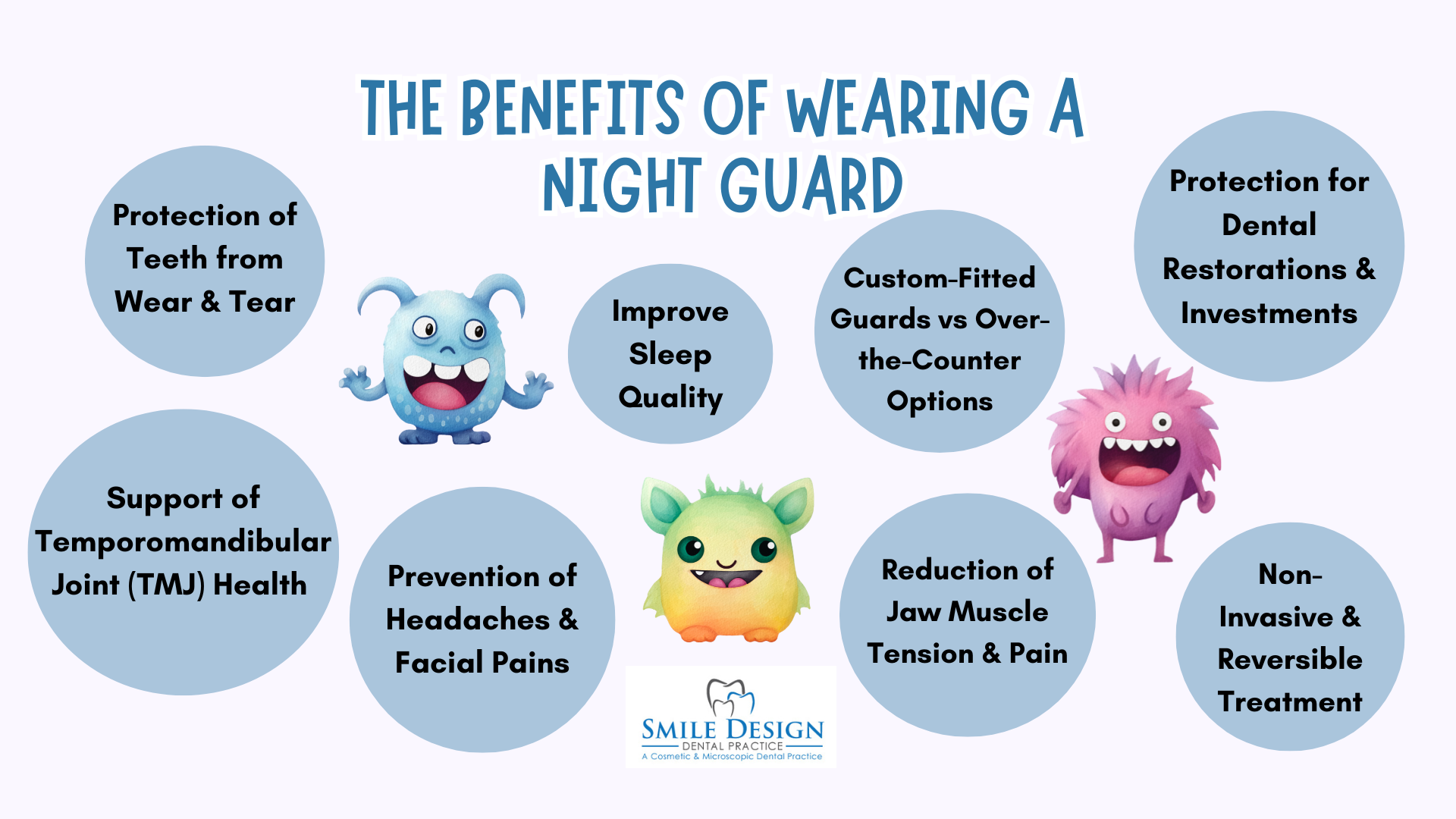
Teeth grinding or clenching during sleep, known as sleep bruxism, is a common condition that affects many people without their awareness. Often discovered through symptoms such as jaw pain, headaches, tooth sensitivity, or worn-down teeth, bruxism can lead to significant oral and facial problems if left unmanaged. One of the most effective and widely recommended preventive measures is the use of a night guard, also called an occlusal splint. This simple oral appliance can provide multiple benefits for individuals who grind their teeth while sleeping.

Losing several teeth can affect more than just your appearance. It can impact chewing efficiency, speech, facial support, and overall oral health. Fortunately, modern dentistry offers several effective options to replace multiple missing teeth. The right solution depends on the number of missing teeth, bone condition, budget, lifestyle, and long-term goals. Below is an overview of the most common tooth replacement options and what to consider for each.
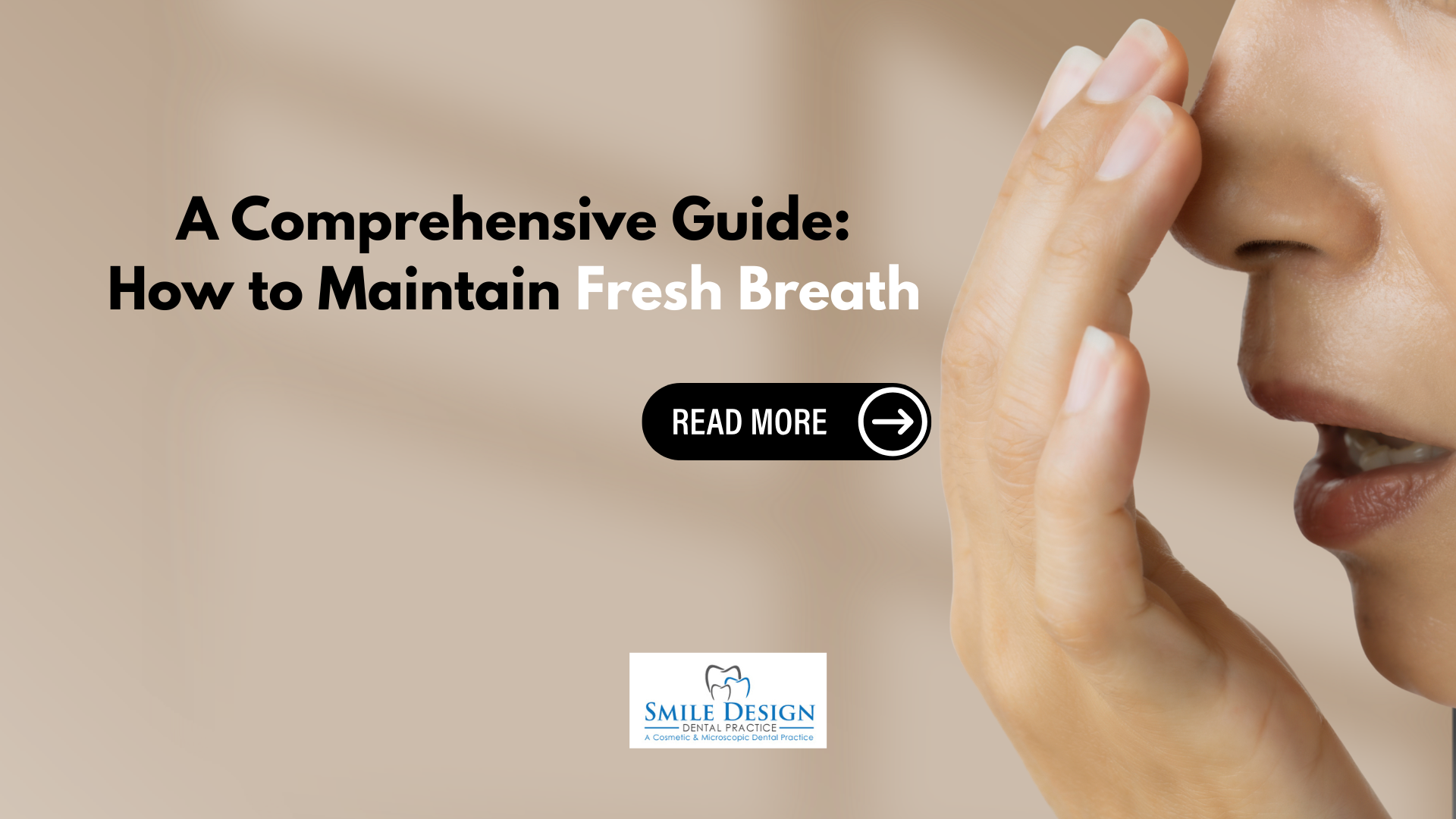
Fresh breath is more than just a social nicety—it’s essential to oral health and personal confidence. Whether you’re heading into a meeting, going on a date, or want to feel your best, maintaining fresh breath throughout the day requires a combination of good habits and awareness. Here’s everything you need to know about keeping your breath consistently fresh.

Gaps between teeth, medically known as diastema, are more than a cosmetic concern for many people. These spaces can trap food particles, increase gum disease risk, and affect oral health and self-confidence. Fortunately, modern dentistry offers several effective options to address these gaps, ranging from conservative approaches to more comprehensive treatments.

Teeth grinding, clinically known as bruxism, affects millions of people worldwide. It often occurs unconsciously during sleep. This repetitive clenching and grinding can lead to significant dental damage and contribute to temporomandibular joint disorders (TMD). Fortunately, dental professionals have developed effective protective devices—night guards and occlusal splints—to combat these issues.
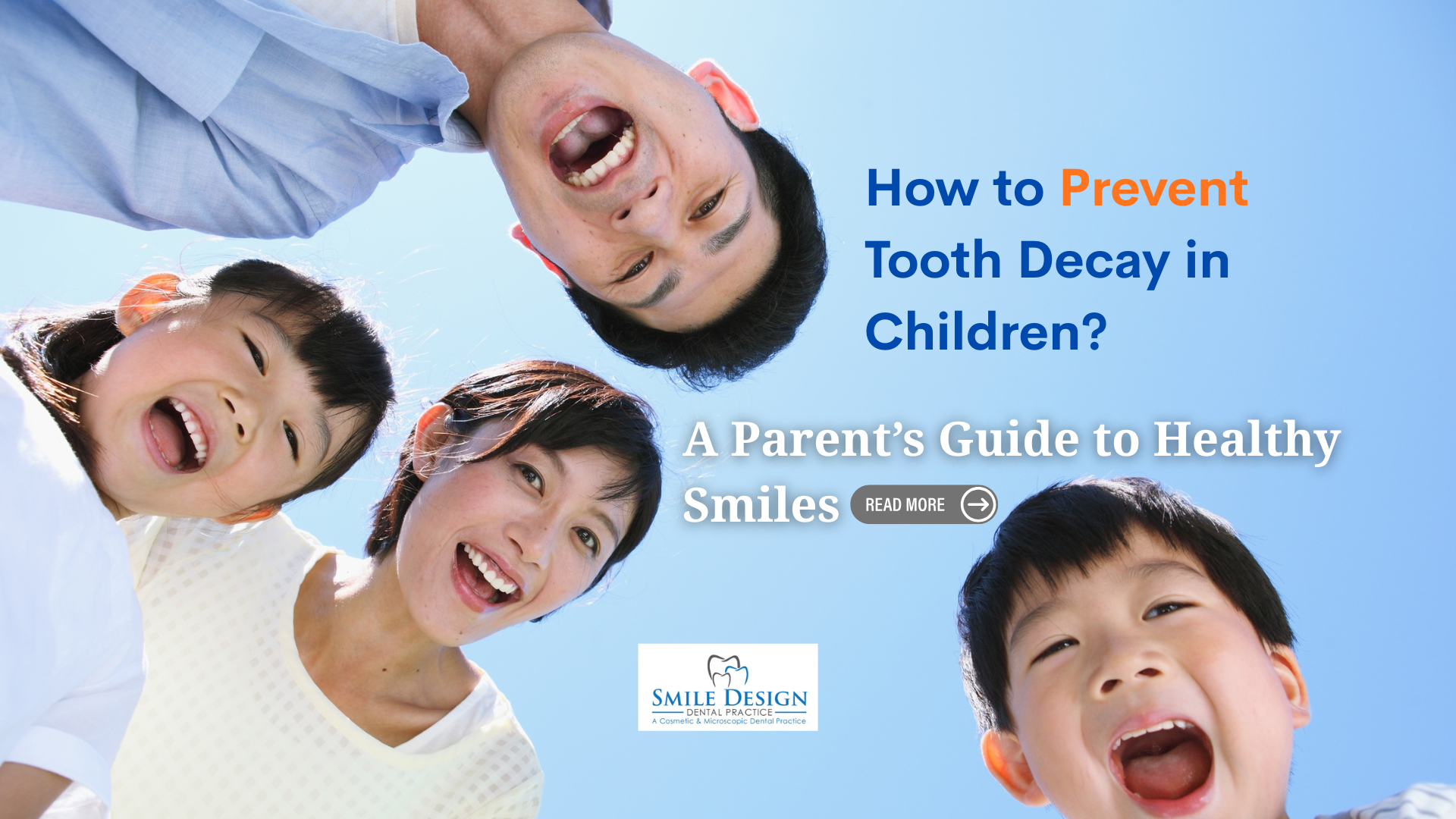
Tooth decay is one of the most common dental problems among children — but the great news is, it’s almost entirely preventable. Building good dental habits early helps your child maintain a healthy, confident smile and prevents painful cavities and costly treatments later. Here’s what every parent should know to keep those little teeth strong and healthy.

Did you know that even baby teeth can get cavities? “Milk bottle caries,” also known as baby bottle tooth decay, is a common dental problem that affects many young children. It usually happens when babies fall asleep with a bottle of milk or sweetened drinks. The good news is — it’s completely preventable with the proper care and habits!

